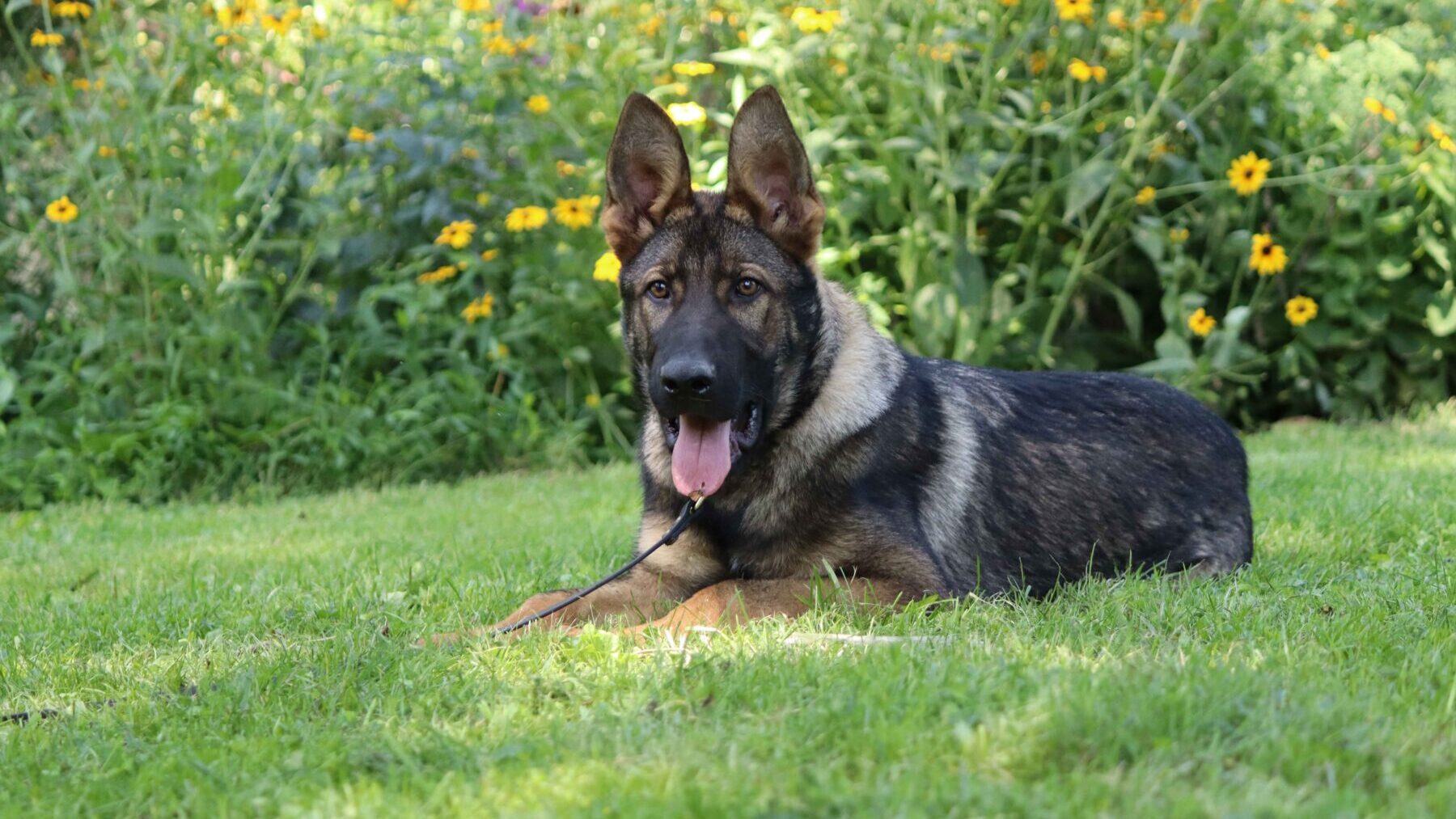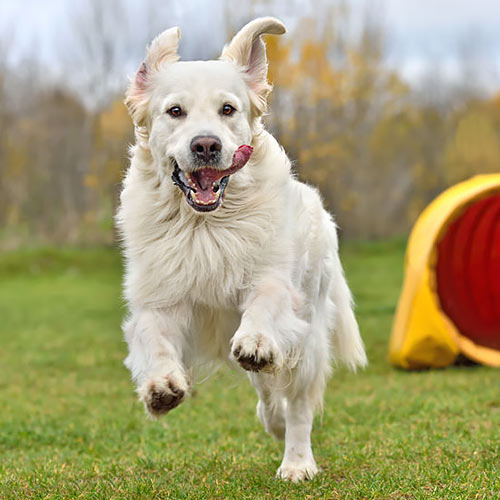As a breed, the German Shepherd Dog has had a lot of problems in recent decades. This is primarily due to poor breeding practices and the lack of understanding of the breed among owners. Whether it is inbreeding, genetic bottlenecks, health problems, temperament issues, it has led to the decline of popularity of the German Shepherd. Therefore, many people mistakenly think that the German Shepherd no longer possesses value and virtue.
However, those who are on the cutting edge within the breed and the frontline of breeding and training of these wonderful dogs, know much better than that. These enthusiasts are finally saying “no” to genetic bottlenecks as well as the political lines that hinder the advancement of the breed (your group of dogs can’t breed with my group of dogs). These industry-leading breeders are once again producing dogs of stable temperament, health, vitality, and the ability to work. Their progeny is again filling vital roles within military, police, and security applications as well as SAR/HRD, many times in extreme conditions (avalanche, alpine, jungle, desert). They are producing dogs that have the drives necessary to work but are stable in a family setting and around children, much like the GSD of old was capable of.

Of course, owners of these amazing dogs should be aware of their capacity and genetic makeup. Like any herding breed, they possess a strong prey drive. They will chase moving targets, whether it be a tennis ball, bicycle, child, cat, pant legs, skirt hems, etc etc. Owners of these dogs should learn how to constructively channel this important drive into acceptable behaviors: chasing the tennis ball, decoy on the training field, agility, or some type of work. This will be absolutely necessary to help the dog cope with his need for mental and physical stimulation.
Remember that the dog is only 50% of the relationship. You – as the human – are the other 50%. Dog problems are at least 50% human-caused. Fix the human problem and, most likely, you fix the dog problem. Humans who are inconsistent in rewards or corrections, or who are afraid to humanely correct poor behavior, or who do not enforce/reinforce the rules all contribute to the dog’s misbehavior.
Genetics AND environment play a crucial role for the blossoming German Shepherd. Getting a German Shepherd from a knowledgeable breeder (preferably one who also trains what he produces – an important facet of real breeding) is the first – and probably most import – step. But also important is how that puppy is raised and handled. Puppies need socialization; not isolation. Puppies need leadership not spoiling. Puppies need healthy, positive interaction with many stable people (not idiots who rush your puppy), many stable dogs (not the dog who is pulling his owner down the street), and frequent new environments (i.e. a trip to park, lumber yard, etc). Puppies of any breed who do not receive this type of handling will suffer as a result. This can show itself in timidity, instability, and unpredictability. German Shepherds certainly need proper, frequent handling!
Genetics and handling are both extremely important. Nature AND nurture! Both are needed.
If true GSD breeders (those who aren’t merely puppy producers) continue to strive towards genetic health and diversity, and the people who own these amazing dogs will educate themselves on the breed and handle him well, the German Shepherd has a very bright future.
Interested in German Shepherd? Check out our For Sale page. If we were merely puppy producers, we could sell many more puppies than we do. But…our breeding program strives for genetic health/diversity, proper socialization and training, and stable, safe, predictable temperament. Our breeders are DNA tested, are clear of dysplasia, and have balanced temperaments. Sometimes we invest money and time in a dog that eventually does not meet our standards. So, they are not bred at all. Only the best are used in our program. To say the least, we take the German Shepherd seriously 😉

